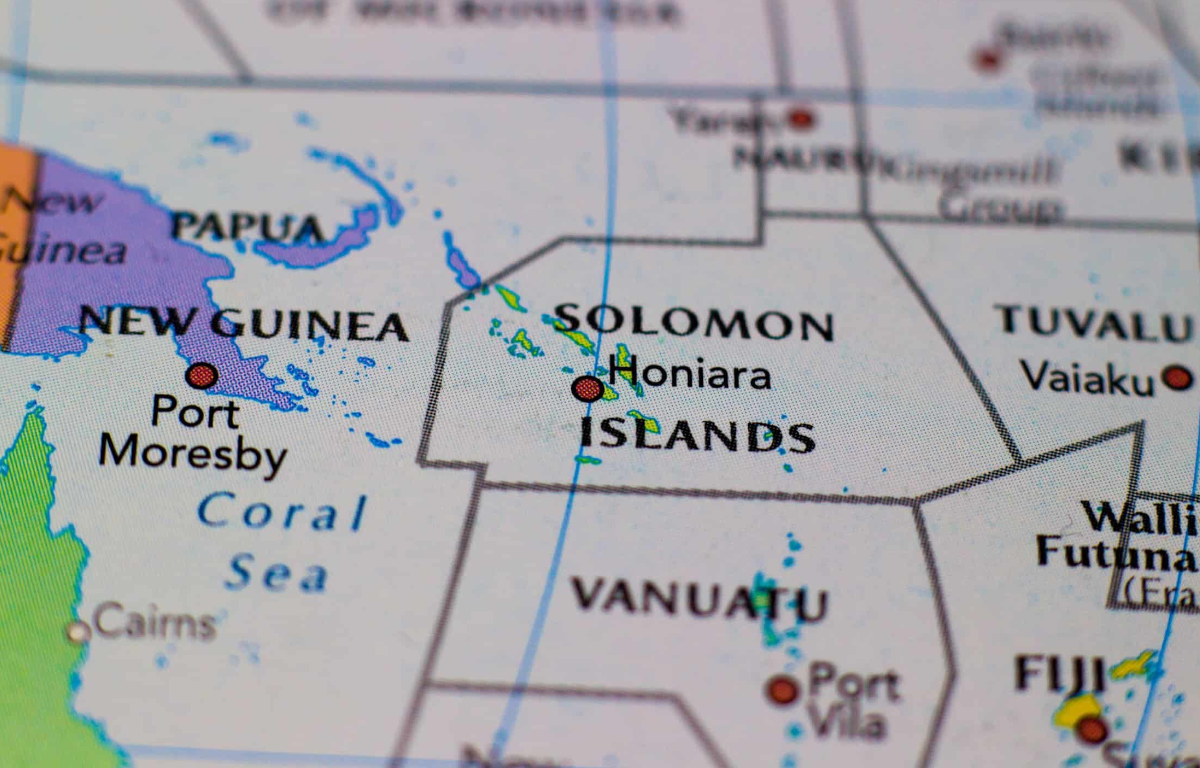
The proposed US-Taiwan trade pact holds significant promise for both nations by creating new economic opportunities. Taiwan is known for its advanced technology and manufacturing capabilities, while the United States boasts a massive consumer market and diverse industries. Through this agreement, Taiwan seeks to expand its access to global markets, boost its exports, and attract foreign investments. In turn, the United States could benefit from access to cutting-edge Taiwanese technology and products, fostering mutual economic growth.
Beyond the economic advantages, a US-Taiwan trade pact would represent a strategic partnership between two democratic nations. As geopolitical shifts and challenges occur in the Indo-Pacific region, strengthening ties with Taiwan would enhance the US presence in the area and contribute to regional stability. This partnership could serve as a counterbalance to any attempts at regional hegemony, promoting a free and open Indo-Pacific.
While the potential benefits of a trade pact are promising, the road ahead is not without challenges. The People’s Republic of China (PRC) views any formal relationship between Taiwan and the US as a breach of the “One China Policy” and has historically responded with strong objections. Negotiations would require diplomatic finesse and a delicate approach to navigate these sensitivities while pursuing the interests of both Taiwan and the US.
Additionally, a US-Taiwan trade pact may face scrutiny and debate in the United States. Policymakers and stakeholders could raise concerns about its impact on domestic industries, labor markets, and the broader geopolitical landscape. Thus, a careful balancing act would be necessary to address such concerns and ensure the agreement’s successful implementation.
US-Taiwan trade pact presents an opportunity for Taiwan to overcome diplomatic isolation and enhance its global standing. The economic cooperation and strategic partnership that could result from this agreement offer mutual benefits to both nations. Nevertheless, the negotiation process may be complex, requiring open dialogue, mutual respect, and a commitment to shared interests. Navigating these challenges is crucial to ensuring the success of the pact and fostering stability and prosperity in the Indo-Pacific region.









Share this: